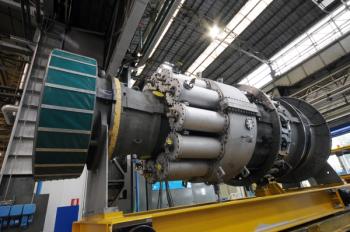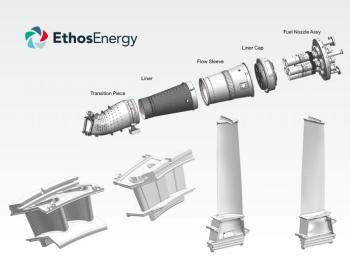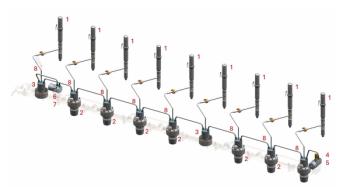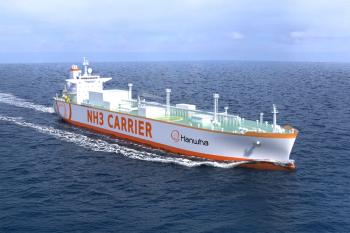
TurboTime Podcast: Methane Leakage with Myth Busters
In this episode of the TurboTime podcast, Myth Busters Klaus Brun and Rainer Kurz talk about methane leakage.
In this episode of the TurboTime podcast, Klaus Brun and Rainer Kurz talk about methane leakage in the oil and gas industry, which is only one of the many sectors that contribute to methane emissions in the United States. The biogas sector, including landfills and agriculture, contributes to methane leakage as do coal mines. That said, our industry still accounts for a percentage of methane emissions. The Myth Busters discuss where and how it occurs in the oil and gas industry, how different types of compressors compare in terms of leakage, the role of dry gas seals, and more.
“Methane leakage, in our industry, is primarily from natural gas; and natural gas is called natural gas because it is natural—it is naturally occurring and naturally created,” Brun said. “So, if you talk about methane leakage in the oil and gas industry—really what we should be talking about is natural gas leakage—it is a relatively small part overall of the total natural gas leakage in the world. It is roughly three times smaller than natural gas that is created by natural sources being wetlands and swamps and whatever. The oil and gas industry contributes about three times less than what natural sources do. Also, agriculture contributes about twice as much natural gas. The actual amount of leakage of natural gas into the environment due to the oil and gas industry is somewhat debated and a lot of numbers are floating around, but typically you're talking somewhere between 10 - 20% of the total natural gas that is emitted into the environment comes from oil and gas. The rest is, as I mentioned before, from natural-occurring sources, such as wetlands and agriculture.
“When you look at the oil and gas process, which basically means you're getting oil and gas out of the ground at a well, and then that oil and gas is transmitted to pipelines, and then it goes to either a consumer, you and me, or it goes to industrial places, or it goes to power plants,” Brun continued. “And so, there are many places in that process where it can leak. For very basic economic reasons, nobody wants this gas to leak, right? It costs a lot of money to get it out of the ground, and it costs a lot of money to transport it, and it costs a lot of money to do something with it. So, nobody really wants it to leak, so there is a natural desire by our industry to keep this gas from leaking, but it does.”
Newsletter
Power your knowledge with the latest in turbine technology, engineering advances, and energy solutions—subscribe to Turbomachinery International today.




